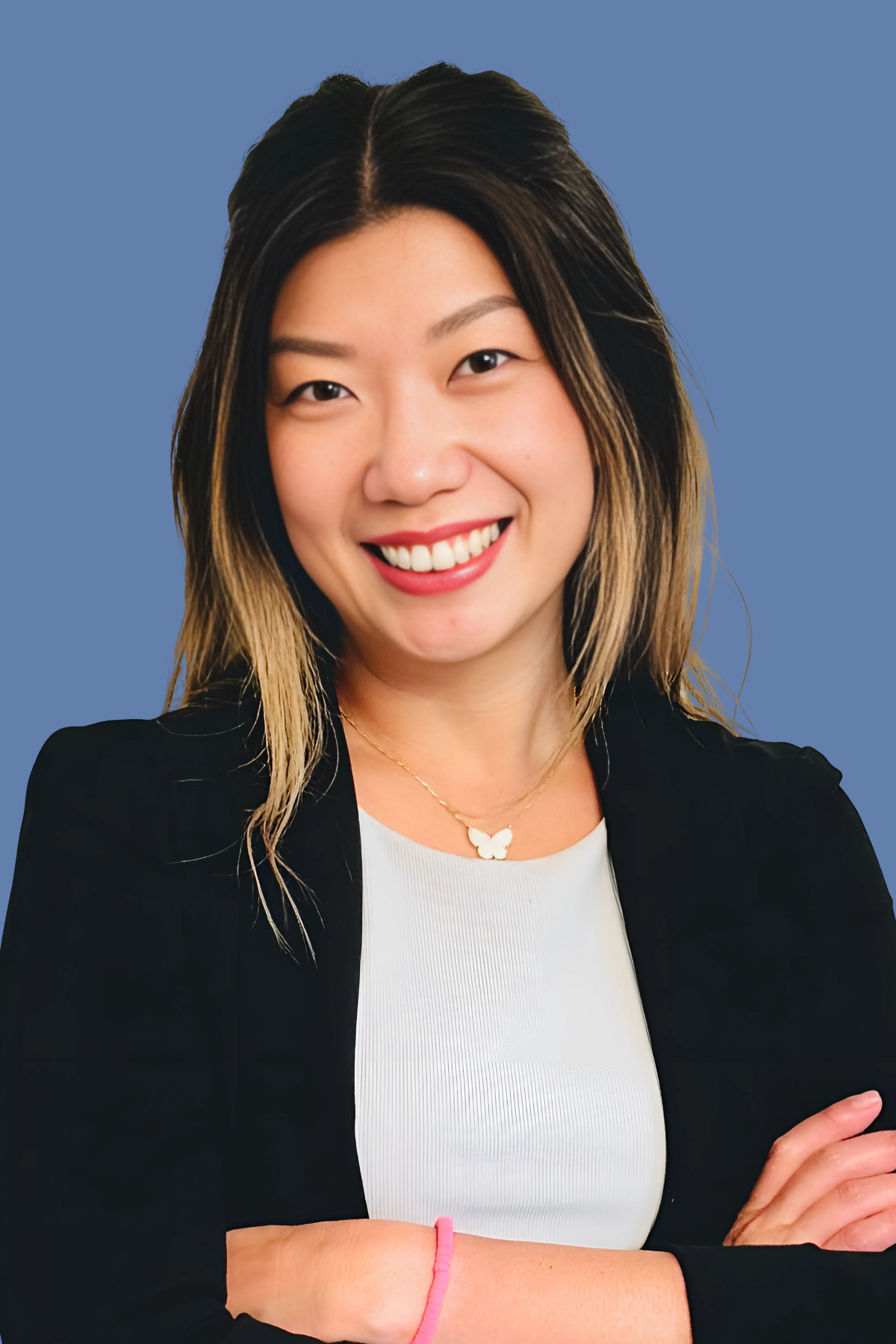Educating and shaping the minds of our youth is not a job to take lightly. We often hear non-educator friends tell us how lucky we are to have summers and holidays off, and we constantly find ourselves defending our profession and the mental and physical demands it entails. School districts across the country are facing teacher shortages, and educational agencies at local, state, and national levels are finding new ways to incentivize the teaching profession.
According to Statista, 56,000 out of 3.2 million teachers nationwide are expected to leave the profession this year; according to the National Council on Teacher Quality, enrollment in teaching programs has decreased by 70%. So, how do we stick it out and continue to support our school systems?
Mary Mangione, MA
Resilience is the ability to adapt and bounce back in the face of challenges and adversity. It results from a highly interactive process between the person and their environment. For educators, resilience is crucial not only for personal well-being but also for fostering a positive learning environment for students. When educators are resilient, they can better navigate the complexities of teaching, inspire students, and overcome obstacles with grace.
Sense of Value: Surround yourself and connect with like-minded individuals. When you have a best friend at work, going to work doesn’t always feel like work. Be a change agent in your building’s culture, making work an enjoyable place to be. Look for committee opportunities that focus on what you’re most passionate about, and don’t forget why you became an educator in the first place!
Sense of Value: Surround yourself and connect with like-minded individuals. When you have a best friend at work, going to work doesn’t always feel like work. Be a change agent in your building’s culture, making work an enjoyable place to be. Look for committee opportunities that focus on what you’re most passionate about, and don’t forget why you became an educator in the first place!
Cultivate Awareness: Start by understanding your own limits, triggers, and strengths. Identify your strengths early on and work to cultivate your teaching strategies based on what you’re already great at. Set short-term and long-term goals for professional development, and seek support from your supervisor and colleagues when you need it most.
Mary Mangione, MA
Establish Clear Boundaries: Teaching is a demanding profession, and after-school meetings are endless. It’s okay to say no to maintain a balance between work and life, allowing you time to relax and recharge. Designate specific times for work-related tasks and honor your non-negotiable family commitments, hobbies, and self-care activities.
Take Control: Focus on what you can influence and let go of what you cannot control. Develop ways to find inner peace in your work, enabling you to practice coping strategies in stressful situations. Practice mindfulness to take control of your emotions and cultivate awareness of present conditions. This allows you to pay close attention to your physical sensations, reactions, and judgments, breaking the cycle of negative responses to stress.
Cultivating resilience is not only about preventing teacher burnout but also about reaching your full professional potential, which directly impacts your students' academic achievement. Just as every student desires to feel a sense of accomplishment, teachers, too, want to feel appreciated, successful, and recognized as experts in their field. Allow failed attempts to provide you with valuable experiences and develop new strategies that will lead to positive outcomes.

written by
Mary Mangione
Mary Mangione is a coach for school building leaders specializing in creating specialized programming, restorative practices, adversity-informed schools, school-based mental wellness interventions, and multi-tiered systems of support. She has been a private tutor for students with special needs, special education teacher for ED/BD/ASC, mentor for a social services organization, substance abuse case manager, and assistant principal and principal of specialized and public alternative schools. Outside of her professional work, she enjoys traveling, eating great food, providing taxi services for her two sons, binging Netflix, and is an active yogi. Mary is an Administrative Coach for Building Leaders with her Bachelors in Fine Arts with an Emphasis in Graphic Design and Painting, Master of Arts in Special Education, and Master of Arts in Principal Leadership.
University Product
product description in relation to blog post
Write your awesome label here.
Write your awesome label here.
Download our resource and start learning!
Learn the tools used by the world's top professionals. Boost your confidence, master the field, become a certified professional. We hope our guide provides you with valuable insights and practical tips.
Everywhere you listen to podcasts!
Little Bits of TLC Podcast
Join us for more!
Listen to [EPISODE TITLE] with [GUEST]
Project Thrive
Build an inclusive, proactive classroom that supports students with behavioral and mental health needs.
Join the next cohort to develop effective environments, behavior strategies, targeted instruction, essential collaboration skills, and more!
Project Onward
Build a transformative intensive program with your complex at-risk students.
Join the next cohort to develop your self-contained or alternative education program from design through implementation!
Project Bace
Build an effective, individualized functional skills program for your low-incidence students.
Join the next cohort to develop your instructional environment, responses to behaviors, functional academics, and more!
Project Thrive
Listen to this episode about HLPs in general ed. and resource!
Project Onward
Listen to this episode about HLPs in intensive EBD!
Project Bace
Listen to this episode about HLPs in life skills programming!
